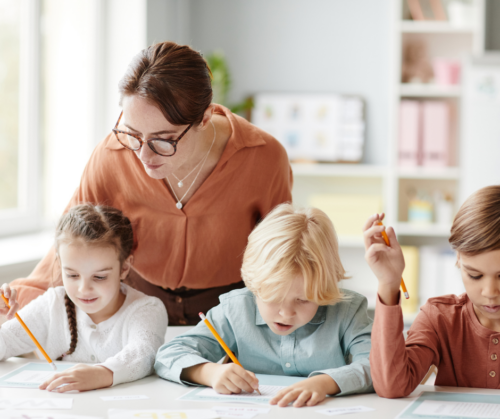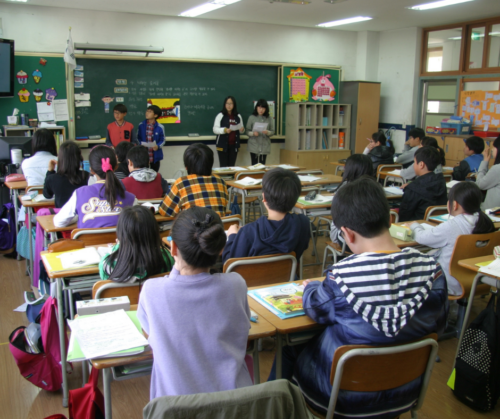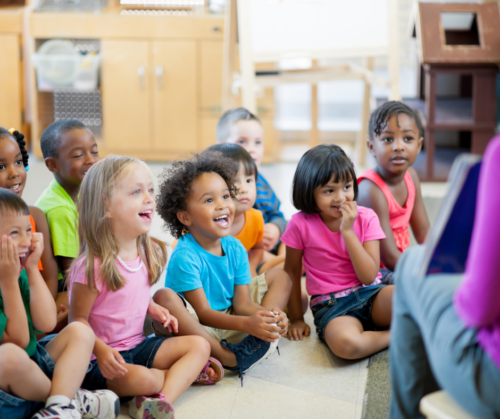Research tells us that children can laugh about 300 or 400 times a day while playing, but this no longer seems to be the case. Since they are also subject to high stress due to the huge school commitments, the time to play and laugh has been greatly reduced. They are required to have “more adult” behaviors from an early age and interactions between children are often replaced by video games. However, therapeutic laughter is studied with great interest and it has been seen that it can increase psychophysical well-being even in younger subjects. There are many schools, in Italy and around the world, that have implemented laughter and play sessions as an integral part of school education.
Why children need to increase laughter and play
School pressure: children express themselves through play, laughter and moving, but in recent decades the school environment has become very demanding and competitive and they are forced to sit for many hours. In addition, the expectations of parents and teachers push them to try to reach frankly unrealistic goals, sometimes making them frustrated, as well as stressed, causing them physical, mental and emotional damage.
The excessive use of electronic devices: playing three-dimensionally (with the body) provides children with skills that, in addition to building their personality, will be useful in the growth process. Playing with others triggers laughter, and all this is healthy. Staying attached to devices for many hours does not facilitate the above process and this fact, over time, proves to be harmful as playing and laughing, by moving one’s body, are natural and primary instincts.
Absence of emotional union: parents who for various reasons (work or divorce) are unable to spend much time with their children, unfortunately do not manage to create a good emotional bond with them, also forcing them to spend a lot of time alone. This lack does not allow children to develop those emotional skills that are fundamental for their development.
Bad consideration of laughter at school: during school activities children are strictly forbidden to laugh in the name of discipline and education. It often happened to me to be kicked out of the classroom because, in fits of laughter, I could no longer stop (I went to school in very strict religious institutes). And this creates a taboo about the laughter that the child carries within himself, so as he grows up he stifles his laughter, as laughter “is not good”. And breaking this belief is not an easy thing once you are an adult: hence my difficulties at the beginning to let myself go to unconditional laughter.


Development of emotional intelligence: recent studies have shown that play and laughter helps children develop their emotional intelligence. Insufficient play activity in childhood can seriously damage emotional balance and social intelligence once they become adults. With the Connected We Play practices, children are encouraged to move, participate in cooperative games and laugh in order to be able to fully express themselves.
Improvement in school performance: laughter is a prolonged exhalation and this leads to an intake of new oxygen into the lungs up to 25% more than normal. This favors a much greater expulsion of stagnant carbon dioxide which translates into an increase in school performance, better concentration and an advantageous ease in learning, preventing many diseases.
Improved attention and concentration: in recent decades there has been a worrying increase in cases of ADHD. Hyperactivity and difficulty concentrating characterize the behavior of these children, who act impulsively and without awareness of danger. The practice of Connected We Laugh helps reduce anxiety and stress and improves concentration even in children with ADHD.
Increased immune defenses: stress decreases the immune defenses. Many children at school are prey to sore throats, colds and infections, which pass from child to child. The practice of unconditional laughter helps to strengthen the immune system and children get sick less, avoiding absences due to illness
Teachers can attend my tailor-made workshops for their students and conduct the sessions themselves.



